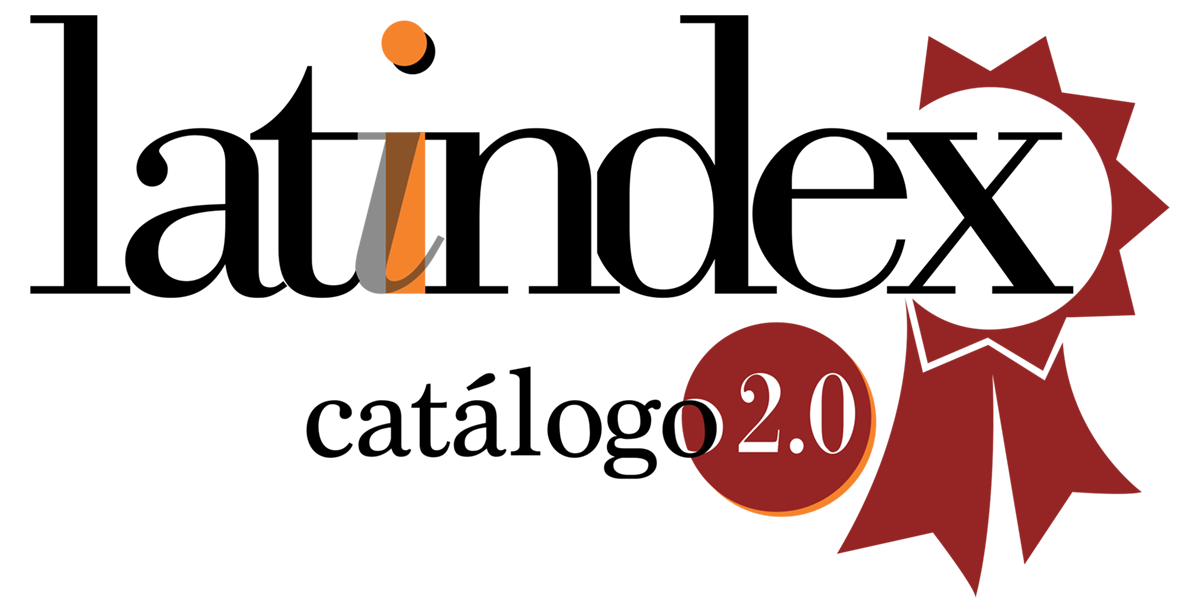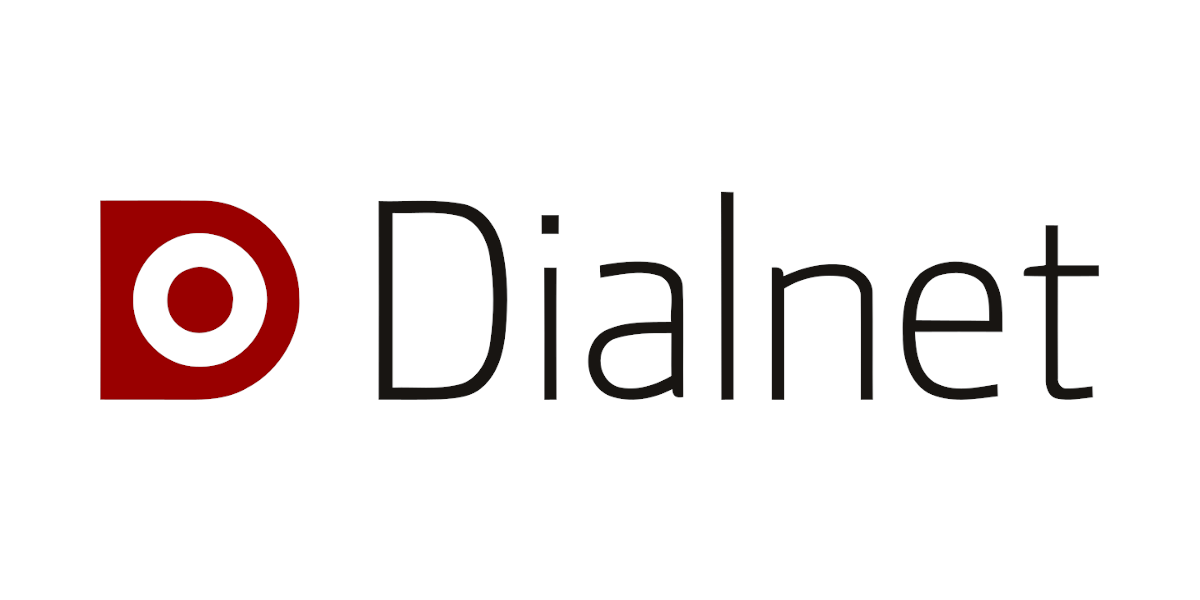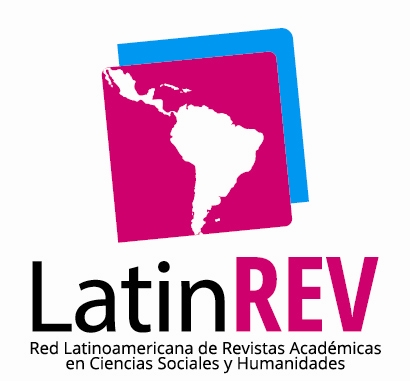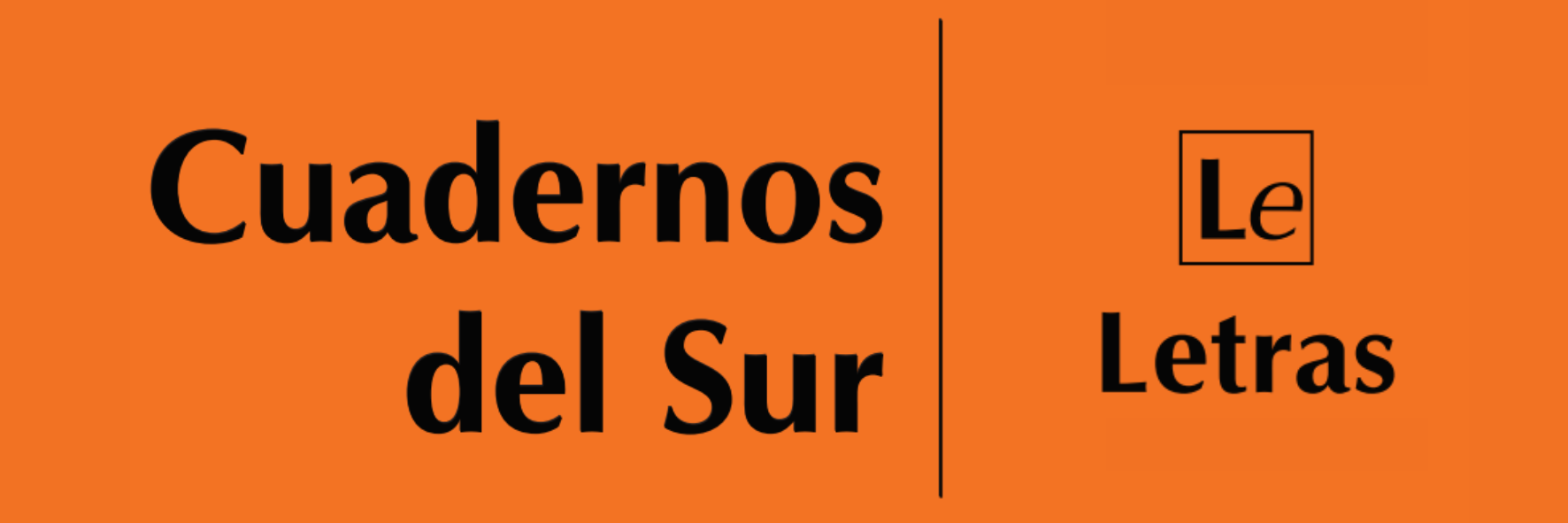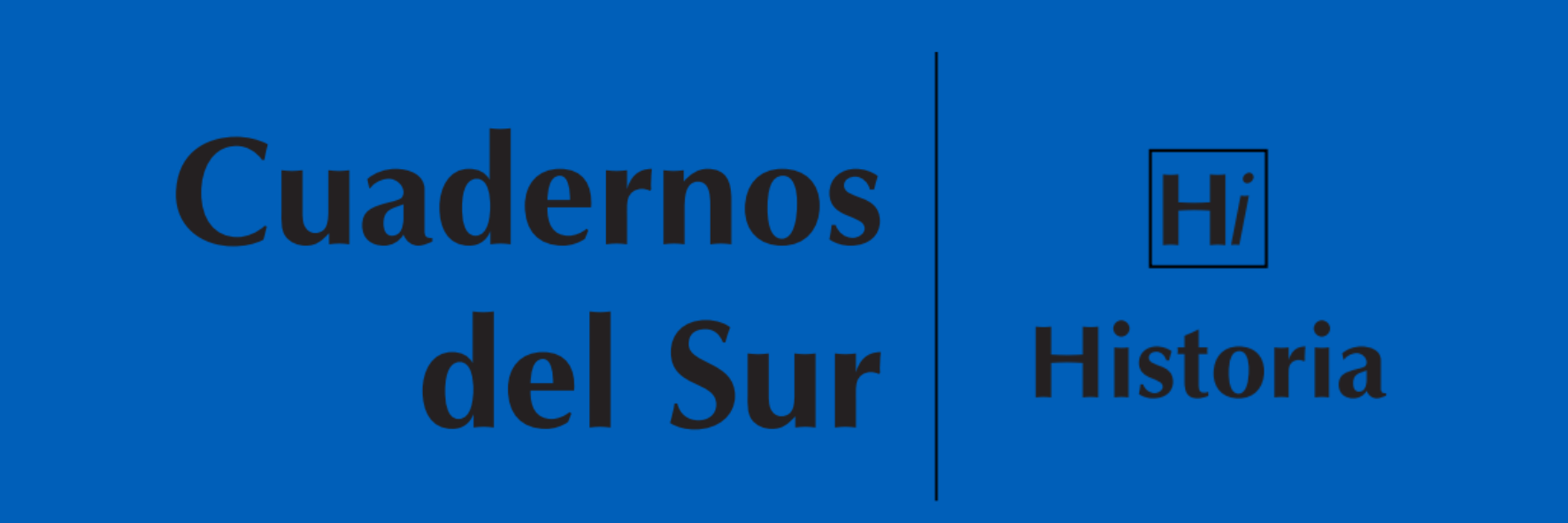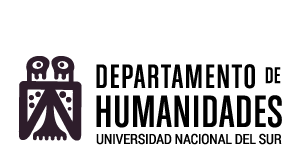El misterio de la conciencia. La búsqueda de un método para saldar la brecha explicativa
Keywords:
naturalization , phenomenological method , lived experienceAbstract
In this article, we have analyzed the general guidelines of the project of a naturalized phenomenology, attending to the possibilities and limits observed in the application of this philosophical method to the empirical field. We address this issue specifically from the Neurophenomenology program, developed in its beginnings by Francisco Varela. In this sense, we focus on his use of the epoché to explore the structure of lived experience, expand access to its meaning and report its dynamics, based on the performative coherence and co-implication of the phenomenal and cognitive dimensions of Consciousness. This is a modality of application of the phenomenological method, which implies a formalization process conducted through the elicitation interview.
Therefore, as the nodular point of the problem studied is genetic, we first approach the proposal of “the hard problem of Consciousness” and the search for a first-person approach to subjective experience. This way, we reconstruct the central aspects under discussion that open the intersection between Phenomenology and Cognitive Sciences, which, with the enactive theory, find a formulation and way of application in Neurophenomenology.
Downloads
References
Chalmers, David (1995), “Facing up to the problem of consciousness”, Journal of Consciousness Studies, vol. 2, nº 3, pp. 200-219, [disponible en http://consc.net/papers/facing.html].
Dennett, Daniel (1995), La conciencia explicada. Una teoría interdisciplinar, Barcelona, Paidós.
----- (2018), “Facing up to the hard question of Consciousness”, Philosophical Transactions B, vol. 373, nº 1755.
Nagel, Thomas (1974), “What is it like to be a bat?”, The Philosophical Review, vol. 83, nº ٤, pp. ٤٣٥-٤٥٠.
Thompson, Evan (2007), Mind in life. Biology, Phenomenology and the Sciences of Mind, Cambridge - London, The Belknap Press of Harvard University Press.
Varela, Francisco (1996), “Neurophenomenology: a methodological remedy form the hard problem”, Journal of Consciousness Studies, vol. 3, nº 4, pp. 330-349.
Varela, Francisco et al. (1992), De cuerpo presente. Las ciencias cognitivas y la experiencia humana, Barcelona, Gedisa.
Zahavi, Dan (2004), “Phenomenology and the project of naturalization”, Phenomenology and the Cognitive Sciences, vol. 3, pp. 331-345.
----- (2019), “Applied phenomenology: Why it is safe to ignore the epoché”, Continental Philosophy Review, nº 54, pp. 259-273.
Crowell, Steve (2013), Normativity and Phenomenology in Husserl and Heidegger, New York, Cambridge University Press.
Dañobeitia, Cristóbal (2016), “La subjetividad como dato para la ciencia cognitiva: Neurofenomenología y reportes corporizados”, Seminario de Filosofía de la Ciencia, Instituto de Filosofía y Ciencias de la complejidad, Santiago de Chile, 30 de octubre de 2016, [disponible en https://www.youtube.com/watch?v=SZ7q9WFIaV0].
Gallagher, Sean y Zahavi, Dan (2013), La mente fenomenológica, Madrid, Alianza.
How to Cite
Issue
Section
License
Copyright (c) 2022 Leticia Basso Monteverde

This work is licensed under a Creative Commons Attribution-NonCommercial 4.0 International License.
Aquellos autores/as que tengan publicaciones con esta revista, aceptan los términos siguientes:- Los autores/as conservarán sus derechos de autor y garantizarán a la revista el derecho de primera publicación de su obra, el cuál estará simultáneamente sujeto a la licencia Atribución-No Comercial 4.0 Internacional CC BY-NC 4.0.
- Los autores/as podrán adoptar otros acuerdos de licencia no exclusiva de distribución de la versión de la obra publicada (p. ej.: depositarla en un archivo telemático institucional o publicarla en un volumen monográfico) siempre que se indique la publicación inicial en esta revista.
- Se permite y recomienda a los autores/as difundir su obra a través de Internet (p. ej.: en archivos telemáticos institucionales o en su página web) una vez publicado su trabajo, lo cual puede producir intercambios interesantes y aumentar las citas de la obra publicada. (Véase El efecto del acceso abierto).


